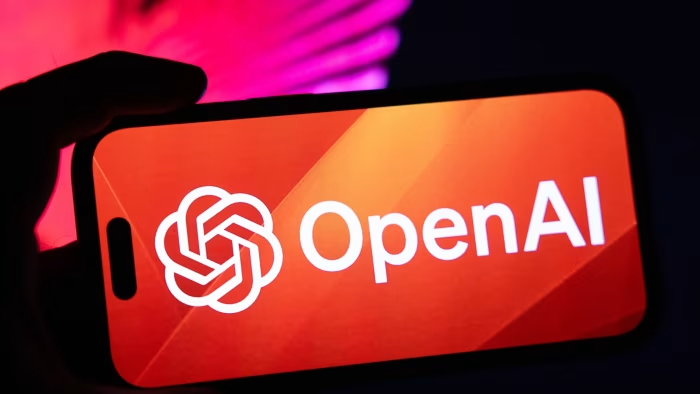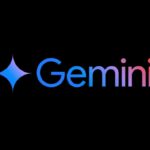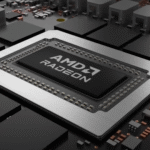seniorspectrumnewspaper – OpenAI is exploring the development of a tool capable of generating music from text and audio prompts. According to a report from The Information. The company has already started working with students from The Juilliard School to help create the necessary training data for the project. OpenAI aims to create an AI tool that can generate music that complements other forms of creative work. Such as creating guitar accompaniments for vocal tracks or adding music to videos.
Read More : OpenAI Plans IPO with $1 Trillion Valuation in the Works
The collaboration with Juilliard students is a strategic step in gathering the data needed to train an AI capable of understanding and producing high-quality music. Sources familiar with the project mentioned that the students are annotating music scores. Which will be used to help the AI learn different musical structures and styles. While the details of the project are still sparse. OpenAI’s move into music-generating AI signals the company’s broader interest in enhancing creative fields through artificial intelligence.
OpenAI has previously shown interest in music generation, and it’s not alone in this effort. Several other startups, such as Suno and ElevenLabs, have launched similar tools aimed at generating music. These platforms utilize AI to create compositions or accompany existing tracks. Offering new possibilities for artists, content creators, and video producers. However, as AI-generated music becomes more common, it also raises concerns, particularly regarding copyright issues and the potential for spam in streaming platforms.
Growing Trend of AI-Generated Music and Its Challenges
The concept of AI-generated music is gaining traction, with several companies joining the race to create tools that can generate music from text prompts. OpenAI’s project is one of the latest developments in this growing field. The potential applications for this technology are vast, ranging from adding music to videos and podcasts to creating accompaniment for solo performances. By collaborating with Juilliard students, OpenAI is positioning itself at the forefront of this AI-driven music revolution.
Despite the promise of AI music generation, there are some significant challenges. The rise of AI-generated music has already led to an increase in spam on streaming platforms. With AI tools creating music rapidly, it is becoming more difficult to distinguish between human-made and AI-generated content. This can overwhelm platforms and make it harder for listeners to find high-quality music. Additionally, there are concerns about intellectual property rights, as AI systems could potentially produce music that resembles copyrighted works, raising legal issues for both creators and platforms.
Read More : Google Unveils Timeline for Gemini 3 AI with Smarter Logic
However, the development of AI music generation tools is still in its early stages. OpenAI’s efforts with Juilliard could pave the way for more sophisticated systems that generate music with greater creativity and originality. As this technology advances, it is likely to open new doors for music composition and production, enabling artists and content creators to experiment with novel forms of music. The growing field of AI-generated music is only just beginning, and as more companies enter the space, we can expect to see both innovations and challenges emerge in the near future.


